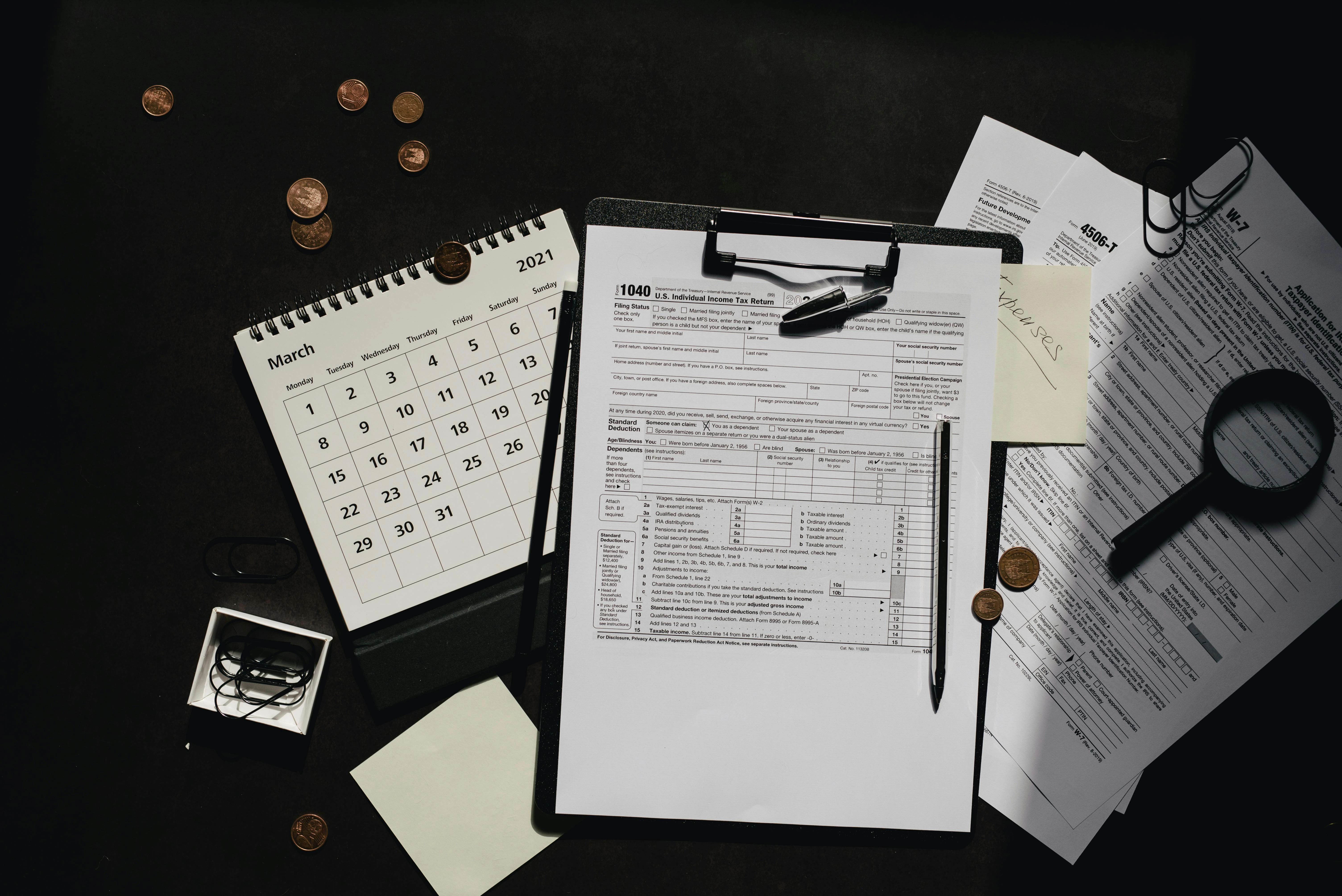The True Cost of CMA Certification in 2025: A Complete Fee Schedule

Introduction
I still recall the exact moment a young finance professional reached out, almost breathless: “I’ve saved for months, but suddenly the CMA certification costs feel like a moving target.” For many, the allure of the Certified Management Accountant (CMA) credential in 2025 comes with a promise — better career prospects, higher salaries, and a foothold in global finance. But that promise often collides with an unexpected reality: the complex, and sometimes confusing, web of fees and expenses.
This is not just about dollars and cents; it’s about real sacrifices—time off work, extra study materials, and sometimes, a debt burden that weighs heavier than anticipated. For professionals balancing families, mortgages, and careers, understanding the full cost is essential before taking the plunge. The stakes are high, and the landscape has shifted considerably in the past few years.
Why This Topic Matters in 2025
In 2025, the CMA certification has gained unprecedented popularity, with over 15,000 candidates enrolling annually worldwide. Yet, nearly 30% of candidates drop out before completion—not due to lack of knowledge or effort, but because the hidden fees and ongoing expenses lead to financial burnout.
Take Sanjay’s story, a mid-level financial analyst from Mumbai. He budgeted $3,000 for the entire process but ended up spending over $4,500 by the time he cleared both parts of the exam. His mistake? Ignoring membership renewal fees, study materials upgrades, and exam retake costs.
The fear and frustration here run deep. Candidates often believe the initial registration is the "biggest cost" only to be blindsided later by recurring fees. This can undermine their confidence, cause delayed completion, or worse—lead to dropping out altogether. For many, this is a painful, avoidable financial pitfall.
Expert Deep Dive: The CMA Cost Framework for 2025
Navigating CMA certification costs feels like decoding a complex financial model—if you miss one variable, your whole budget is off. To clarify, I’ve developed a simple framework called CMA-COSTS:
C - Certification Registration
The base fee to register with the Institute of Management Accountants (IMA) is $250. This is your entry ticket and includes access to IMA membership benefits.
Challenge: Some candidates skip membership, thinking it’s optional. It’s not. Without membership, you cannot sit for the exam.
O - Official Exam Fees
Each part of the CMA exam costs $415 for IMA members (non-members pay $520). With two parts, that’s $830 if passed on the first attempt.
Example: Failing one part means paying the fee again—doubling your exam expenditure unexpectedly.
S - Study Materials
Depending on your choice, study packages range from $300 (basic) to $1,500 (premium). Many candidates underestimate this because free resources or employer-sponsored materials aren’t always sufficient.
Rationale: Investing in updated, quality materials correlates strongly with pass rates.
T - Testing and Rescheduling Fees
Changing exam dates or testing centers can incur extra charges—around $50–$100 per change. For working professionals, unexpected schedule shifts happen often.
S - Subscription and Renewal Fees
IMA membership renewal is annual, costing $245. This is mandatory for certification maintenance and access to continuing education.
The Human Friction: Costs That Hurt Beyond Money
The numbers tell one story. The human toll tells another. Several myths and painful experiences surface:
- Myth: “Once I pay, that’s it.” Reality hits hard when candidates face recurring membership fees, retake expenses, and costly prep upgrades.
- Failure Scenario: Priya, a single mother and finance professional, took the exam twice due to life disruptions. The mounting costs strained her family budget and forced her to pause her career ambitions for a year.
- Betrayal: Some candidates report feeling misled by "all-inclusive" course promises that omit extra costs like exam registration or IMA fees. The feeling? Like being sold a “deal” that only revealed its true cost after commitment.
This friction sows doubt and delays progress. The emotional weight can be heavier than the financial.
Practical Game Plan: Managing Your CMA Certification Costs in 2025
Awareness is power, and budgeting is your shield. Here’s a clear, actionable plan:
Expense Category |
Estimated Cost (USD) |
Tips to Manage |
|---|---|---|
IMA Membership Registration |
$250 |
Join early; sometimes employers reimburse |
Exam Fees (Two Parts) |
$830 |
Schedule strategically; avoid retakes |
Study Materials |
$500 - $1,500 |
Evaluate free vs paid; invest wisely |
Exam Rescheduling Fees |
$50 - $100 |
Plan exam dates carefully |
Annual IMA Membership Renewal |
$245 |
Budget for yearly cost |
Worksheet: Start with this budget table. Add your local taxes or currency fluctuations. Share it with mentors or peers for feedback.
Internal Resources: Our CMA Study Calendar Template helps you avoid costly exam date changes. For deeper financial planning, see our Budgeting Guide for Professional Certifications.

Final Word from Experience
Having guided dozens of candidates through the CMA certification maze, I recognize that cost is more than a number—it’s a story of ambition, compromise, and resilience. No certification journey is perfect; there are tradeoffs between quality study materials and affordability, between timing and readiness, between career advancement and personal commitments.
If the CMA is your goal, start with a clear budget, plan realistically for hidden expenses, and prepare to adapt. Small steps—like setting aside a fixed monthly amount—can turn a daunting cost into manageable investment.
Remember: mastery, not speed, wins the race.
From the Author’s Desk
I remember my own moment of financial doubt before pursuing a certification—wondering if the “investment” would pay off. It did, but only after careful budgeting and honest conversations with mentors.
"Investing in yourself is the rare expense that pays dividends forever."
If you’re navigating your CMA cost journey, feel free to reply with your budget questions or experiences. Sharing makes the climb easier.